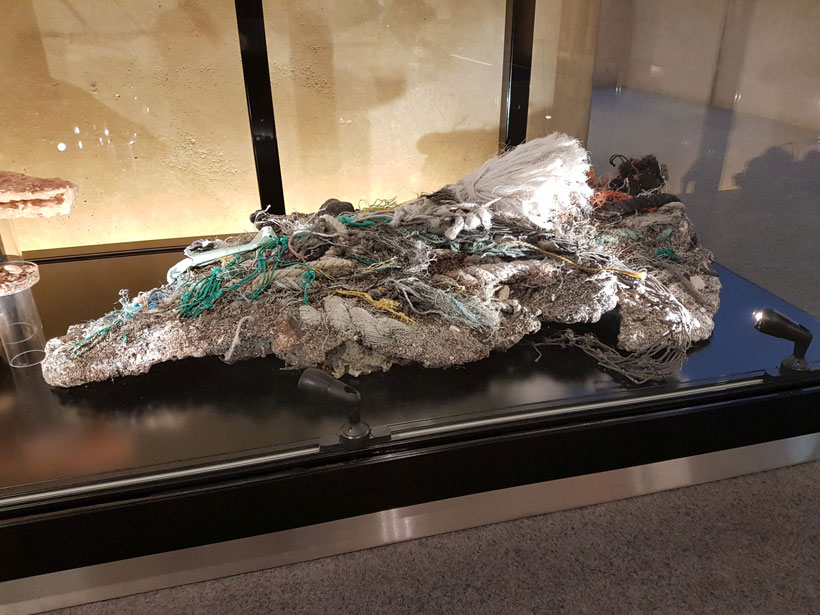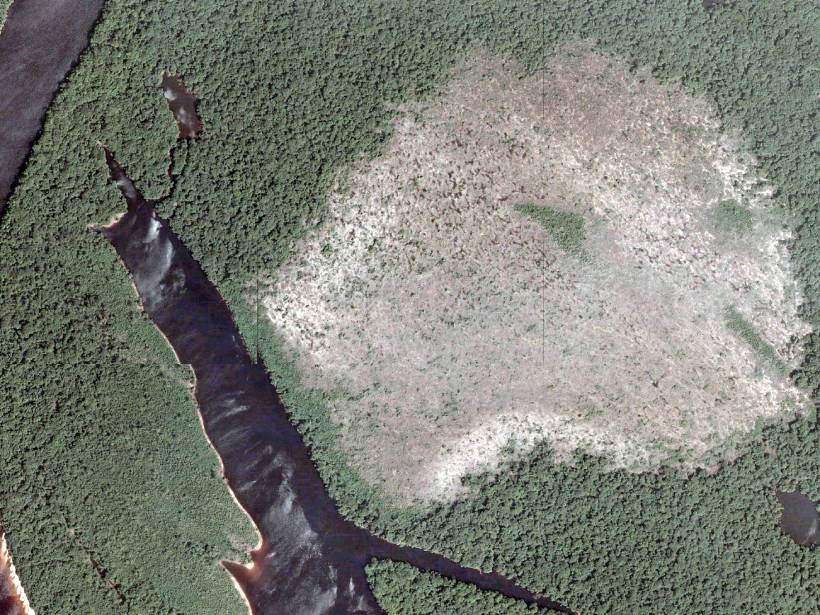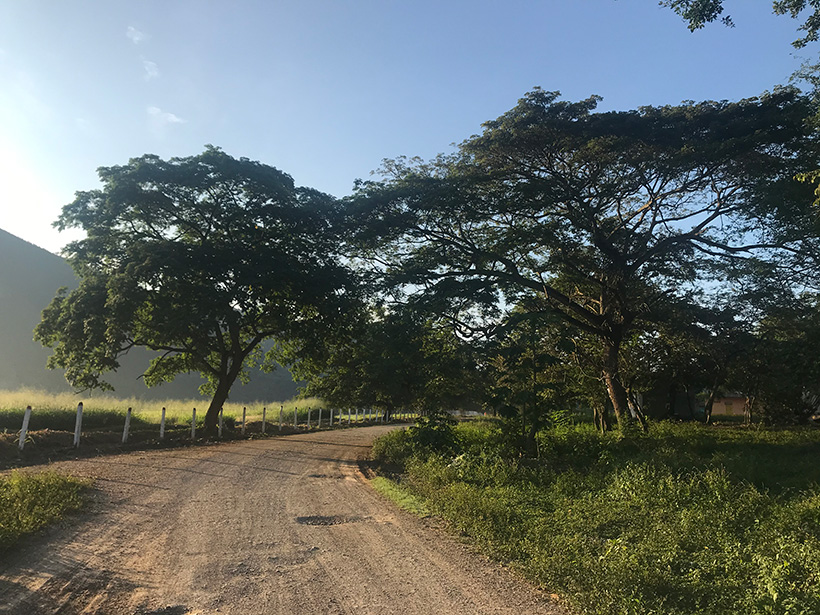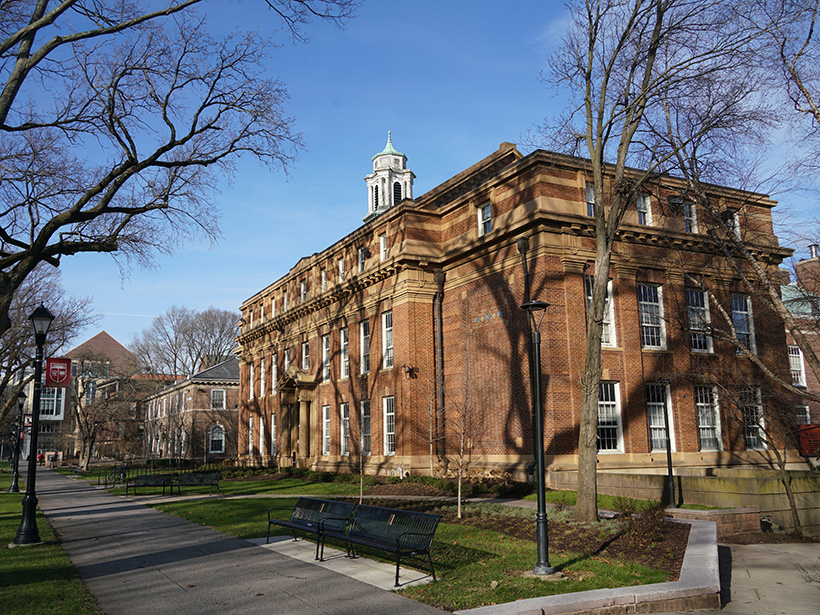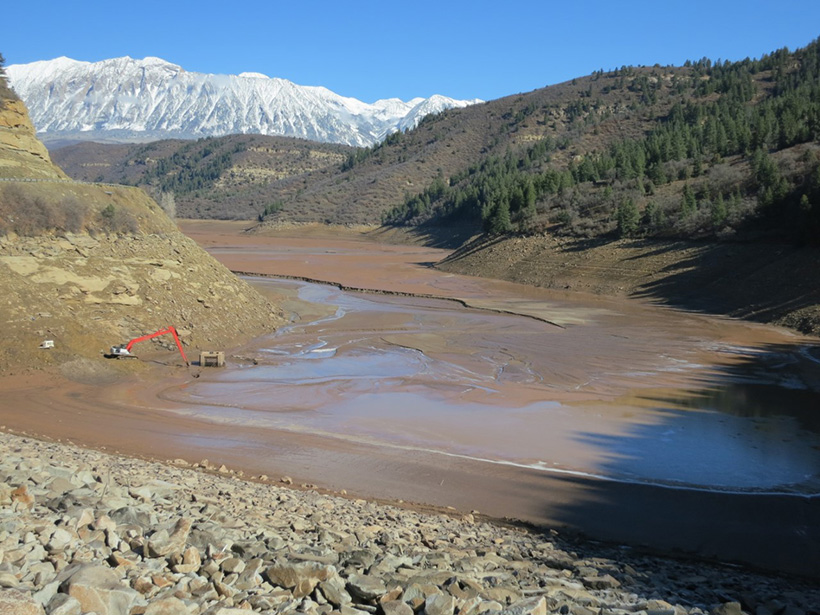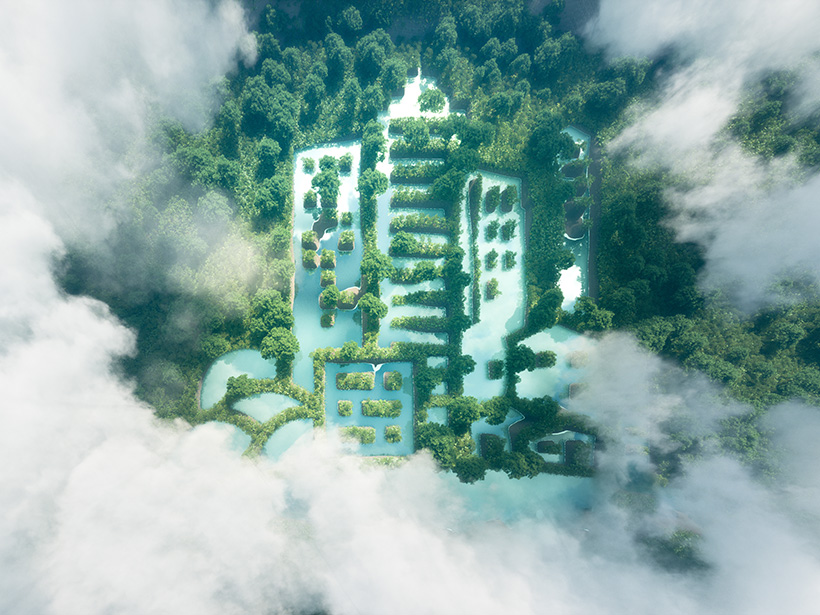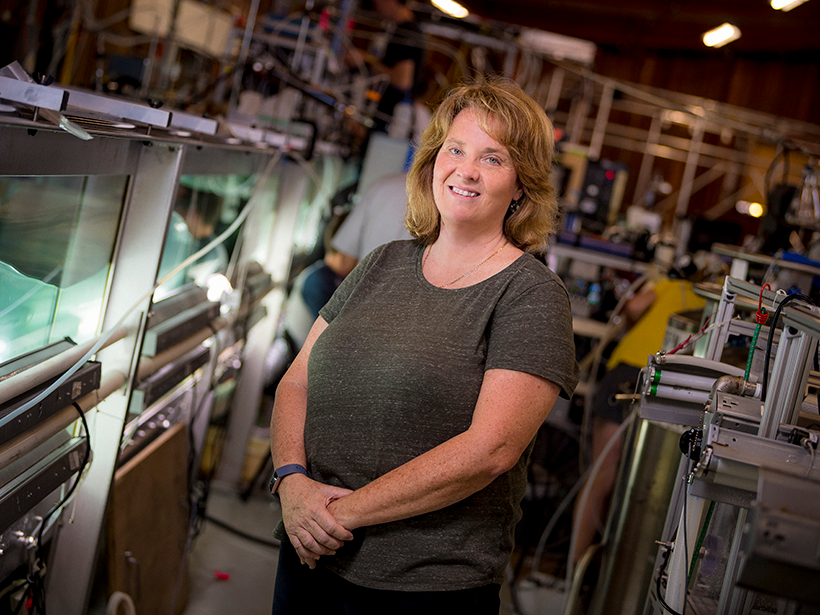Los humanos pueden estar en una nueva época geológica, el Antropoceno, pero diferentes grupos definen su comienzo en diferentes momentos. ¿Cuándo debería haber comenzado el Antropoceno?
science policy
Amazon Forests Are Turning into Savannas
Floodplain forests have low resilience to repeated exposure to wildfires. As climate change increases the instances of fires, forests may transform to less productive grassland ecosystems.
The Rocky Roads of Colombian Paleontology
Colombia has a wealth of fossils, and geologists are leading the charge to both collect data and share ancient history with local communities.
Climate Grant Universities Could Mobilize Community Climate Action
With cues from the successful land grant model, the United States should establish a system of universities to democratize access to climate knowledge and aid efforts to tackle the climate crisis.
Our Losing Phosphate Wager
Global food systems depend on fertilizers with phosphate. We need to act now before this nonrenewable resource runs out.
Many U.S. Cities Severely Underreport Their CO2 Emissions
Although unintentional, these errors may undercut local government efforts to tackle climate change.
Sediment Mismanagement Puts Reservoirs and Ecosystems at Risk
Current regulations and reservoir management practices impede efforts to deal with sediment accumulation behind U.S. dams. New approaches are needed to improve reservoir sustainability.
Chasing Carbon Unicorns
According to a new report, net zero targets many governments are pursuing are distractions from the urgent need to drastically reduce carbon emissions.
Aerosol Scientists Try to Clear the Air About COVID-19 Transmission
“We are basically doing what a public health agency should be doing.”
The Difficulty of Defining the Anthropocene
Humans may be in a new geologic epoch—the Anthropocene—but different groups define its start at varied times. When should the Anthropocene have begun?

